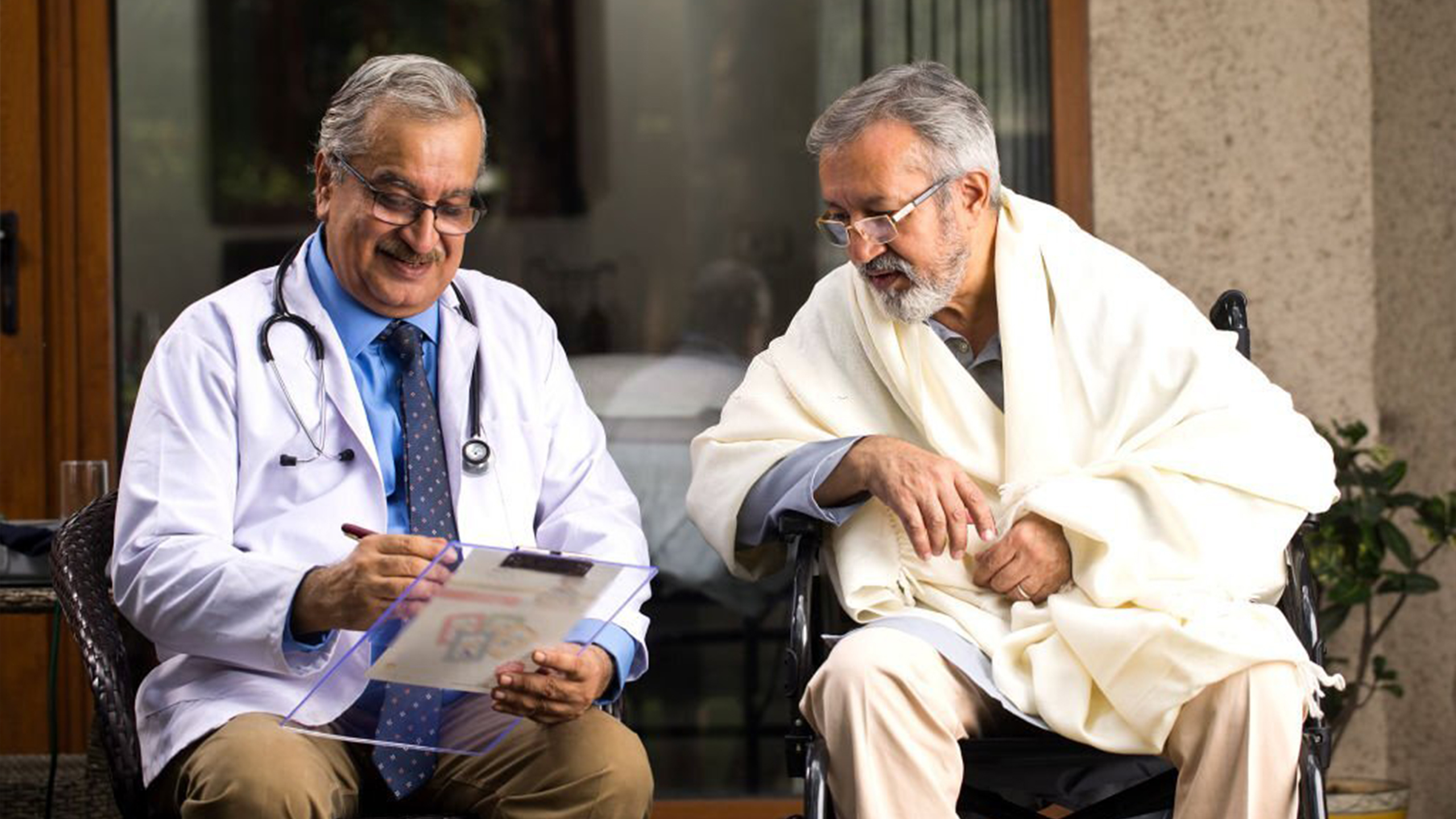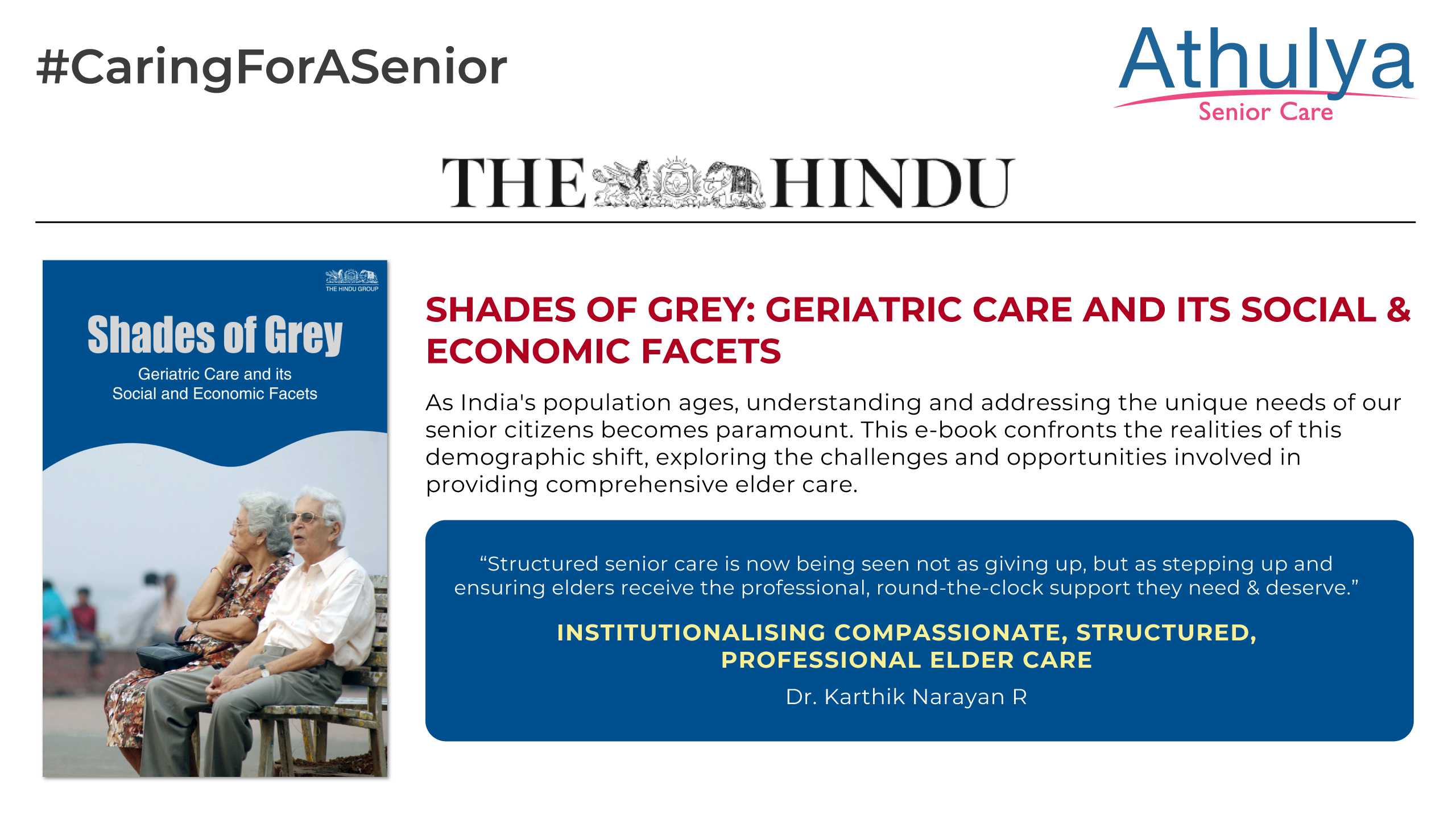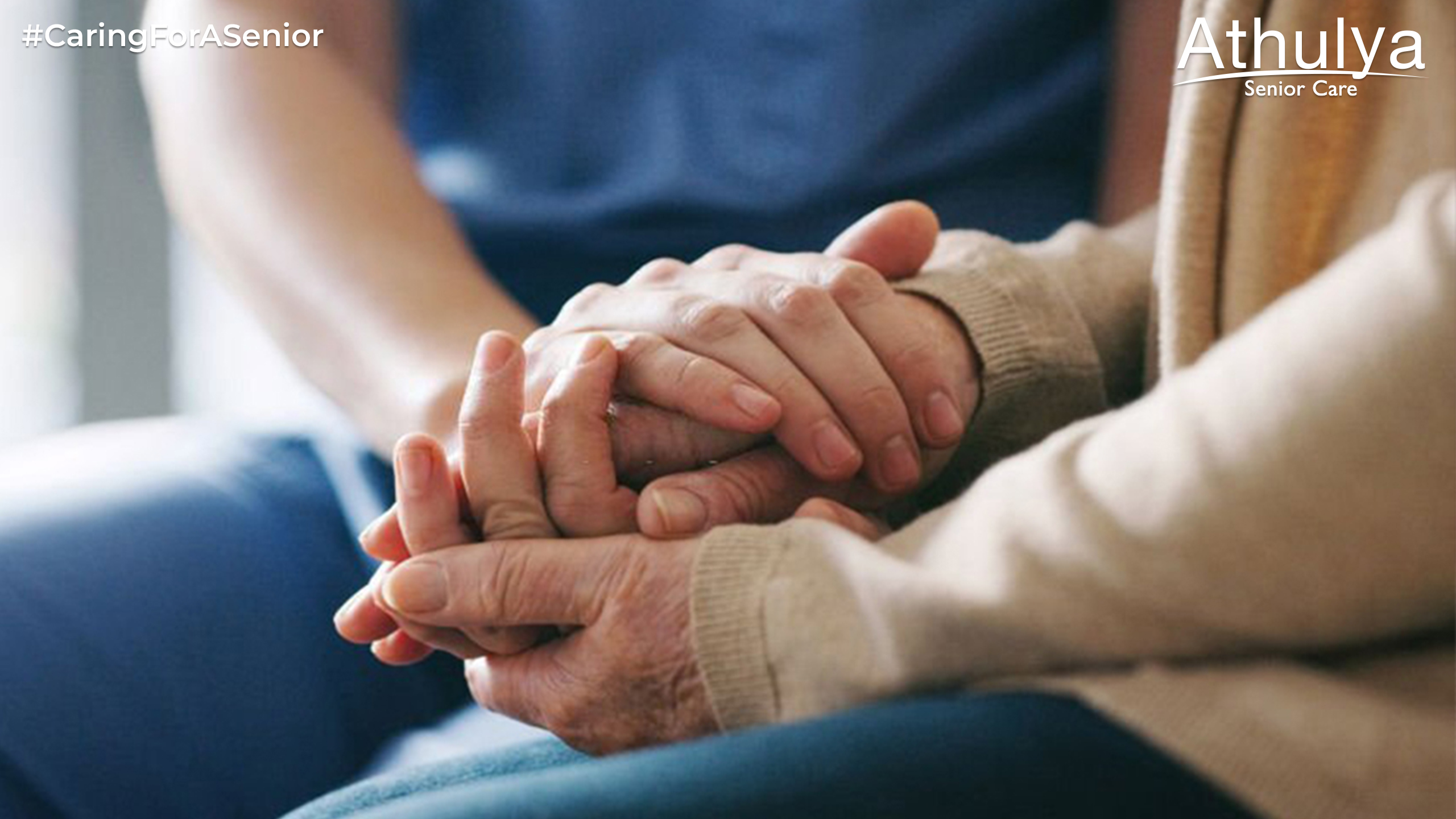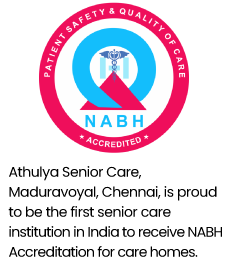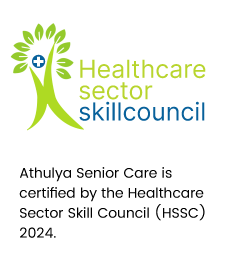Caring for our elderly loved ones is a rewarding responsibility but comes with challenges. One critical issue that often goes unnoticed is elder abuse. With awareness and proactive steps, we can ensure seniors receive the respect and care they deserve. But what exactly is elder abuse? How do seniors find themselves in these situations, and what can we do to prevent it?
Elder abuse refers to any intentional or negligent act that causes harm or serious risk to seniors. It can take various forms, including physical abuse, emotional abuse, neglect, financial exploitation, or even sexual abuse. Often, the perpetrators are individuals entrusted with the care of elders, such as family members, personal caregivers, or even friends.
Seniors may become susceptible to abuse for several reasons. As they age, many experience physical frailty, cognitive decline, or social isolation, making them more dependent on others for their daily needs. This increased dependency can sometimes lead to situations where they are mistreated or exploited by those they rely on.
According to the World Health Organisation (WHO), elder abuse, encompassing physical, emotional, sexual, and financial abuse, as well as neglect, affects approximately 1 in 6 seniors globally. This widespread issue not only jeopardizes physical health but also profoundly impacts the mental well-being of seniors.
Understanding the Forms of Elder Abuse
Elder abuse happens when someone harms or mistreats an older person. According to the American Psychological Association and Cleveland Clinic states that elder abuse can happen anywhere and to anyone & takes different forms, such as physical, emotional, financial, neglect, and sexual abuse.
Physical Abuse begins with the unnecessary use of physical restraints, deliberately withholding adequate nutrition or hydration, forcing seniors to eat or drink against their will, and mistreating them while moving them or helping with personal care. Some of the actions include hitting, beating, pinching, pushing, kicking, shoving, and burning.
Emotional Abuse includes verbal and psychological abuse that involves any kind of coercion or threats that create a power imbalance between seniors and their family members or caregivers. It can also mean treating seniors like a child and isolating them from family, friends, and regular activities. Some of the emotional abuse includes yelling, using insulting language, making threats, insulting or disrespecting & constantly ignoring the seniors.
Financial Abuse means illegally or wrongly using a senior’s money, property, or belongings. The abuser can be a family member, caregiver, or scam artist who takes advantage of the senior’s trust or vulnerability. This abuse can include stealing money or items, forging signatures, tricking or forcing the senior into signing documents, or misusing power of attorney.
Neglect refers to the failure to provide necessary care, assistance, and protection to seniors who need help from others. This neglect can be intentional or unintentional by caregivers, family members, or institutions responsible for the senior’s well-being. It includes not providing adequate food, water, clothing, shelter, medical care & personal hygiene.
Sexual Abuse involves any unwanted sexual activity or behavior targeted towards seniors. Perpetrators of sexual abuse against seniors can be caregivers, family members, acquaintances, or strangers who take advantage of the senior’s vulnerability or inability to resist. It includes non-consensual sexual contact, sexual harassment, coercion, or exploitation.
These types of abuse can hurt seniors in many ways. The top 5 signs to watch in seniors include,
Unexplained Injuries – Be alert to bruises, burns, fractures, or other injuries that the seniors cannot explain or that seem inconsistent with their explanation.
Emotional Withdrawal – Notice if the senior becomes suddenly withdrawn, anxious, or depressed, especially around certain individuals or in specific situations.
Poor Hygiene or Living Conditions – Pay attention to a decline in personal hygiene, such as unkempt appearance, body odor, or living in unsanitary conditions, which may indicate neglect.
Financial Irregularities – Watch for sudden changes in the senior’s savings, such as unexplained withdrawals, missing money or possessions, or changes in wills or beneficiaries.
Behavioral Changes – Observe significant changes in behavior, such as increased agitation, fearfulness, or a reluctance to interact with individuals, which may indicate underlying abuse or mistreatment.
We need to look out for our elderly loved ones and make sure they’re safe and happy. If we see signs of abuse, we should speak up and get them help right away. Everyone deserves to be treated with kindness and respect, no matter how old.
What is the role of geriatric counseling for seniors at home & how can it help them?
Geriatric counseling is a valuable resource for seniors who choose to age at home, offering a range of supportive services tailored to their unique needs. Through personalized counseling sessions, seniors receive emotional support, coping strategies, and practical guidance to navigate the challenges of aging in place.
These counselors provide a safe and nurturing environment for seniors to express their concerns, address emotional struggles, and explore strategies for enhancing their well-being. By fostering a sense of empowerment and resilience, counseling equips seniors with the tools they need to maintain their independence, manage health issues, and adapt to life changes effectively.
Additionally, they offer assistance with family dynamics, caregiver support, and end-of-life planning, ensuring that seniors receive comprehensive care and support in their home environment. Ultimately, counseling plays a vital role in promoting seniors’ holistic health and quality of life, empowering them to age with dignity, purpose, and fulfillment in the comfort of their own homes.
If you find any of the mentioned signs or other signs of elder abuse, it’s essential to seek professional help from trusted healthcare services that provide geriatric counseling. These services offer specialized support, including psychology and psychiatry services, tailored to the unique needs of seniors.
Seeking assistance from professionals trained in geriatric care is crucial for seniors to address their mental health concerns and overcome the effects of elder abuse. Remember, taking action and seeking help is essential in ensuring the safety, well-being, and dignity of our older loved ones.
Athulya Home Health Care is a trusted healthcare provider offering geriatric counseling for seniors in the comfort of their homes. Our team of expert professionals provides personalized and compassionate care to support seniors in their journey toward mental and emotional well-being.
To learn more about our services for seniors, visit our Athulya Senior Care website or call us at +91 9884945900. Our dedicated team is here to provide personalized and compassionate care to support the well-being of seniors. Whether counseling, medical assistance, or other specialized services, we’re here to help.
Reach out to us today to discover how Athulya Senior Care can support you or your loved ones in leading a fulfilling and independent life.
[Information: This blog serves informational purposes only and should not replace any treatment or diagnosis. Seek professional help in case of any emergency.]
